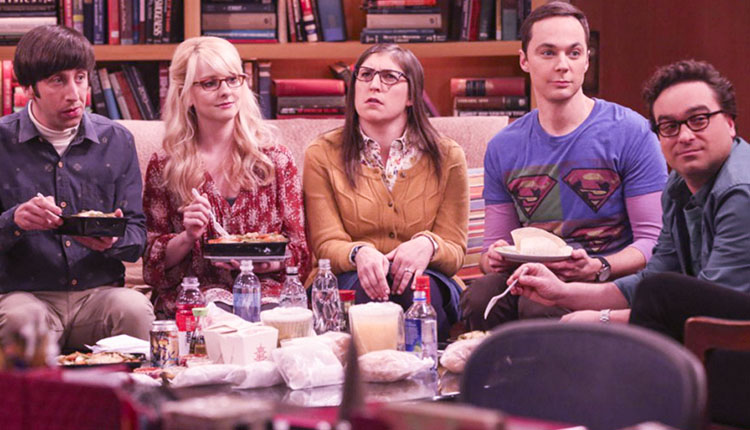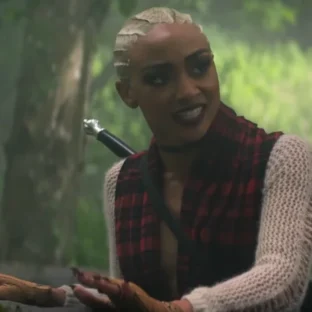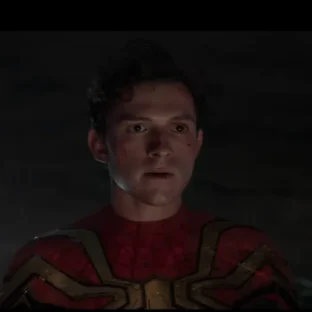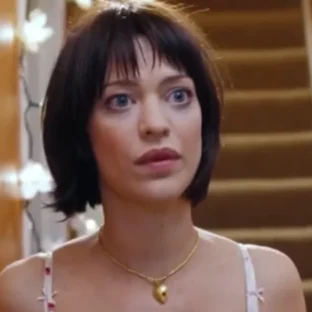For Millennials. By Millennials.
It may be because writers are increasingly male; they fail to grasp the cerebral soundness of women. Just like ‘most’ men today, TV show creatives do not see women as anything but sex symbols. If a male-centric show ever gets a female character to its main cast, it would probably only be to increase the glamour quotient or to lure in the wicked desperations as eyeballs for the show.
Times have changed; in fact, Time’s up. But a large part of American television still dwells in the past. Yes, shows like The Handmaid’s Tale, GLOW, and Marvelous Mrs. Maisel have broken the shackles, escaping essentially as ingenious non-conformists. But these are the only shows; I swear, when thinking of examples, I could not think of any other shows except for these three, which have anything to do with the role of women in modern society.
CW dares to defy; it is a teen-centric channel that dishes out the trendiest, socially aware shows. But, amongst its vast database of superhero shows, only one Supergirl is about women. And even that, about a woman. It recently rebooted the cult opera ‘Dynasty’ – a show about women, by women, for women. And do you know what mainly characterizes its plot lines? Well, women are trying too deliberately put each other down, pulling each other’s hair, tearing their dresses, conspiring against each other, disrespecting their relationships, and even getting them mired in sex scandals. In an era when women should be taught to get along to stand headstrong against patriarchal injustice, TV shows are only furthering internal divides.
The Big Bang theory, for instance, is a show about geniuses. But the writers seem half-witted when it comes to the development of female characters. There is a glam girl, Penny, who only is a beauty because she has no brains. Whereas on the other hand, Amy is brilliant but unattractive. Women are strictly not one-dimensional. They are capable of more than just one thing at once. The Big Bang Theory is a show which was clearly, and unapologetically oblivious to the impending, or rather ongoing social upheaval. But the real problem arises when; displays with an emphatic feminist tone deliver the same kind of stereotypes. Cristella, a 2014 sitcom by feminist comedians, unsparingly tried to emphasize that women can either look good or be intelligent.
Selfish mothers (Penelope, Riverdale); scheming, vengeful ex-wives (Two and A Half Men); Lady Macbeths (Claire Underwood, House of Cards); over possessive incest mothers (Cersei Lannister, Game of Thrones); are the kind of female characters that dominate television’s leading shows. Making demons out of women or getting them to be laid back works. However, when a show, for instance, ‘Powerless’ aligns itself to more optimistically show a feminist CEO (Vanessa Hudgens) as an insuppressible human in a world of superheroes, the show simply gets canceled.
If a woman is plus-sized, she will only get screen space if she discusses, in raw, body shaming and the limitations of not having a 28 inches waist. Fat women will not be cast until the show has something to do with body shaming or similar chauvinist remarks. There is not a single sensational teen show which includes a chubby lead. All the women in Emmy’s list of lead actresses were slimmer than most of the women in America. Even if they had aged past 40, were African American, or were Asian, they all possessed one common trait: all had that desirably alluring anatomy.
Media can cure the problem it helped create. All that is needed is to take women as human beings. It is just that simple.




